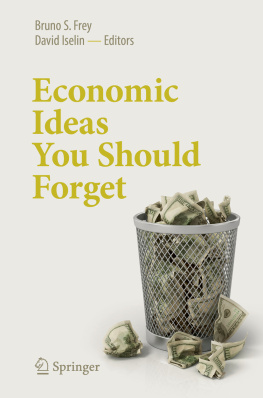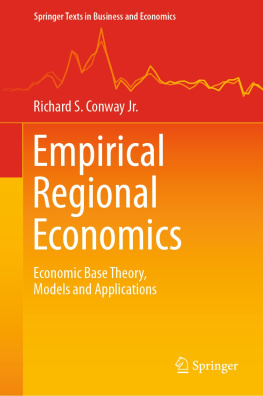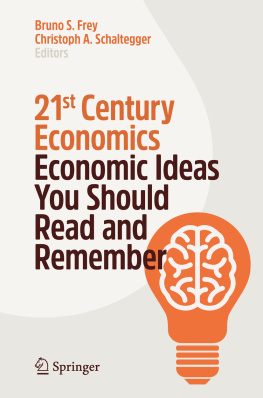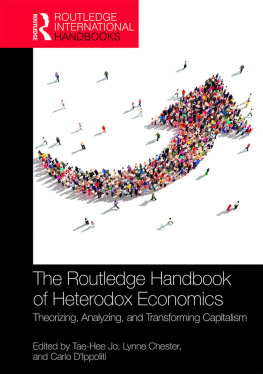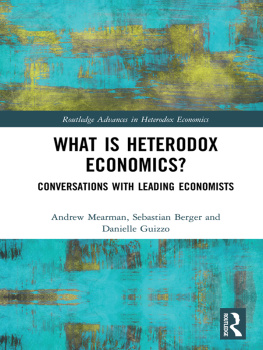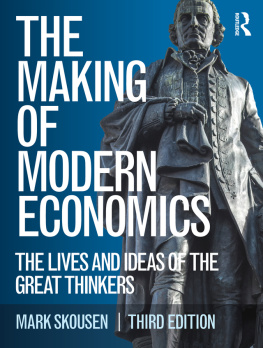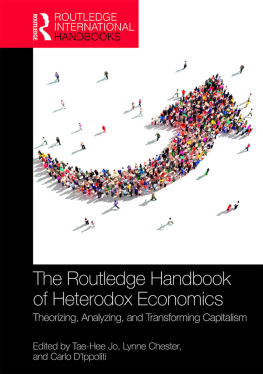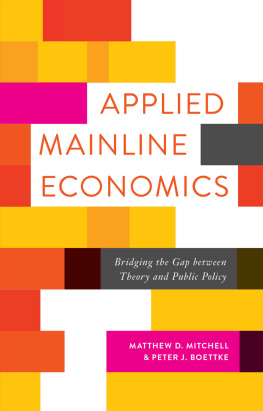Capitalism has run its course, as we focus on the wrong things such as private ownership of capital. Its time to abandon the concept and concentrate on political and economic incentives forged by the broad complex of institutions.
With roots extending back to Dutch, French, and English thinkers of the seventeenth and eighteenth centuries, the notion of capitalism has an impeccable intellectual pedigree and has been a mainstay of some of the most important philosophers of the nineteenth century, including Adam Smith, David Ricardo, Pierre-Joseph Proudhon, and Karl Marx. Despite this impressive historic cache, it is high time for academics to abandon it (and perhaps polemicists might one day follow). How could a notion that is so steeped in ideology be useful for academic discourse? For some, it is an economic system rooted in the crudest form of exploitation, always pregnant with injustice and inequality. For others, it is the unadulterated ideal of efficiency and dynamism, the best recipe for a fair society.
In fact, the definition of capitalism is full of contradictions. The most common is an economic system based on private ownership of the means of production in their operation for profit. But other definitions make reference to the free market. For example, the Oxford Dictionary of Economics defines it as an economic system in which private capital or wealth is used for the production and distribution of goods, and prices are determined mainly in a free market, while the Merriam-Webster Dictionary puts it as an economic system characterized by private or corporate ownership of capital goods, by investments that are determined by private decision, and prices, production, and the distribution of goods that are determined mainly by competition in a free market. The free market is also a central tenet of Milton Friedmans definition of capitalism in Capitalism and Freedom and Ayn Rands conception in Capitalism: The Unknown Ideal . The connotation, or perhaps even the exact equivalence, of the term free market with perfectly competitive markets, notwithstanding other definitions, makes monopoly power and profits a defining aspect of capitalism (including in Marxs Capital , which christened The General Law of Declining Profit as a key characteristic of the capitalist system, and Sweezy and Barans Monopoly Capital ). But there isnt even agreement as to whether the presence of monopoly profits is a sin or a virtue. Though it is the former in many Marxist analyses, it is the driver of innovation and technological progress in Schumpeters classic Democracy, Capitalism, and Socialism .
But most worrying is that emphasis on the ownership of the means of production, and particularly of capital, makes us focus on the wrong things. Is it useful to classify countries with reference to whether there is private ownership of capital? According to this demarcating line, both Egypt under Hosni Mubarak and social democratic Sweden are capitalist economies.
The root problem here is that for most of the problems we care abouthow much shared prosperity, economic growth, technological progress, or social mobility a society will generatewhether there is (de jure) private ownership of capital is not much relevant. In Why Nations Fail: The Origins of Power, Prosperity, and Poverty , James Robinson and I have argued that many societies with different appearances have similar extractive economic institutions, which create a set of formal and informal rules to the advantage of politically powerful groups and at the expense of the rest of society. These extractive institutions also fail to generate incentives and opportunities for technological progress and sustained economic growth. In this respect, the extractive institutions of Mexicos capitalist economy have much more in common with North Koreas rigid communist system than with Swiss capitalism.
Whether economic institutions are extractive, or at the other extreme inclusive, critically depends on political institutions. The notion of capitalism, by fixating on purely economic relations such as the ownership of capital and the means of production, misdirects our focus away from the political economy and politicsof the economic arrangements a society has ended up with.
Its time to abandon this notion and concentrate on political and economic incentives forged by the broad complex of institutions.
Economists are at their best when they think in alternatives, with costs and benefits attached. So lets forget about sola statements, a kind of protestant rigorism that still haunts parts of economics.
Sola scriptura, sola fide, and sola gratiathese are the three sola principles that the Protestant reformers set against the Catholic church of their days. While I leave it to others to discuss the theology of this debate, I confess sympathy for the intellectual liberalism inherent in the Catholic resistance toward these sola principles. As an economist, I believe we have far too long adhered to our own sola principles, which has hurt the discipline. Protestant rigorism should be dead in economics.
To be clear, rejecting sola principles is not tantamount to accepting anything goes. The statement No critical social theory in economics is not equivalent to a sola principle, because we cannot fully know the totality of what constitutes (good) economics. By contrast, rejecting sola principles in economics means keeping economics an open field. Catholic thought echoes such openness: for instance, the dogma of Christs human and divine nature is a rejection of sola statementsChrist is (super)human; versus Christ is god, and his historical manifestation merely a simulation of human existence. What it really means to be human and divine is left as an unknowable mystery. Applied to economics, it is impossible to define (good) economics as sola principles try to do, but it is easy to recognize bad or, simply, non-economics (critical social theory). Below are three examples.
Sola Actio
Economists have long insisted that the only relevant data are about actions: consumption, investment, hiring, firing, etc. Such data can be found in official national statistics, firm balance sheets, and, more recently, from household scanners. Other social sciences have been more liberal and used surveys to gather data on expectations, attitudes, subjective reasons, etc. Economists, by contrast, have often dismissed such data. For some, even unemployment data is meaningless, as the concept of job search cannot be adequately captured. Another example is expectations, paramount to economic theorizing, which have often been declared as outside the realm of objects against which economic theories can be tested. The rational expectation construct, where expectations are provided from inside an economic model, facilitated this dismissive attitude, which is slowly changing. And it should change. Albeit noisy, survey data contain valuable information. And here is a secret: national accounting data also require lots of assumptions and estimatesget the price of capital slightly wrong and capital stock estimates are way off.
Sola Theoria
It takes a model to beat a model, thus goes an old saying in economics. It is a sola statement and I think it is wrong. Data can beat a model, too. A business cycle model that produces countercyclical investment is, plainly, wrong, and so is one that makes consumption more volatile than GDP. There are basic facts that can beat models.

